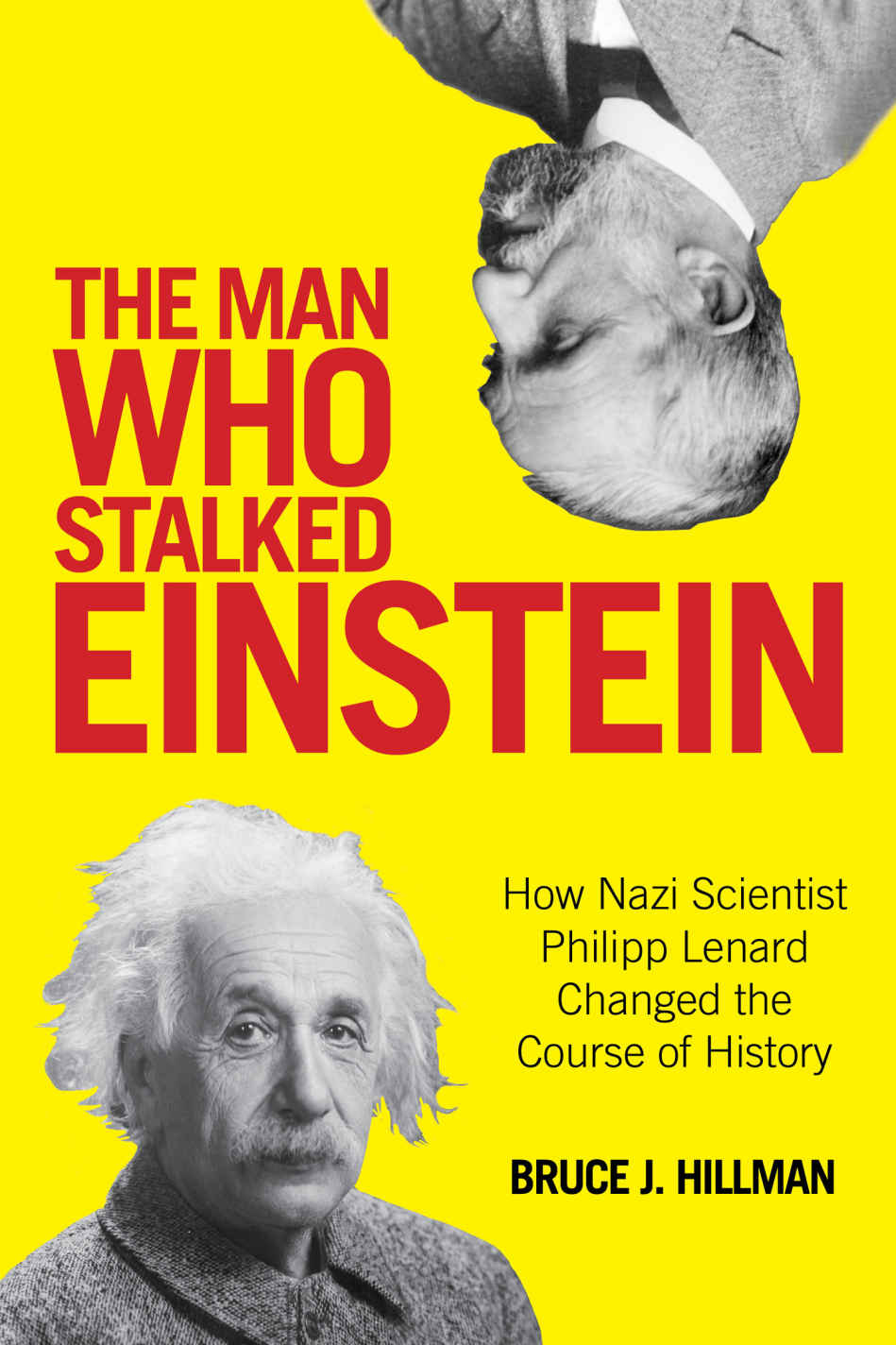
The Man Who Stalked Einstein
How Nazi Scientist Philipp Lenard Changed the Course of History
کتاب های مرتبط
- اطلاعات
- نقد و بررسی
- دیدگاه کاربران
نقد و بررسی

March 1, 2015
History of the clash between "German" and "Jewish" physics in the early decades of the last century. That clash explains why Albert Einstein ended up at Princeton and why his self-appointed nemesis, Philipp Lenard, ended his years stripped of academic rank but worshipping Adolf Hitler to the end. In what former University of Virginia School of Medicine chief of radiology Hillman (co-author: The Sorcerer's Apprentice-How Medical Imaging is Changing Health Care, 2010) calls "a memorable, character-driven story," Lenard emerges as a kind of furious, single-minded Javert whose particular branch of experimental physics relied on studies of more or less observable phenomena, much removed from the theoretical physics in which Einstein traded. That divide, Hillman writes, had its origin in World War I and the virtual blockade of German scientists, cut off from the international community and defiantly nationalistic as a result. Einstein's refusal to play along and his more independent path of inquiry earned him widespread antipathy. That, coupled with Lenard's growing anti-Semitism and general ire over Einstein's popularity, set a pattern of persecution that would last for as long as Einstein worked within the sphere of German influence-and Lenard bore more than his share of the burden of making Einstein's life miserable. The writing is mostly serviceable, if sometimes infelicitous, but the storytelling is too often clunky and digressive. Einstein is given the sobriquet "the relativity Jew," and Max Planck spends "an uncomfortable minute" with Hitler, while Lenard imagines him wondering, "how had he become so old?" and straining "against the constricting dark tie and starch-stiff collar that bit into his thin, old man's skin." Well, that's what he gets for tangling with the quantum, one might think, but his larger punishment lies in being mostly forgotten today. A footnote to modern theoretical physics and the history of science. Readers may prefer the bigger picture provided by John Cornwell's Hitler's Scientists (2003) and the better-written works on Einstein by Walter Isaacson and Alan Lightman, among others.

April 1, 2015
In this title, the differences between theoretical and experimental physics are embodied respectively by Einstein and Philipp Lenard, a virulently anti-Semitic German physicist who won the Nobel Prize for Physics in 1905. Hillman (radiology, Univ. of Virginia Sch. of Medicine) describes how, unable to prove the existence of the long-popular notion of "ether," in debt, and jealous of the attention paid Einstein, Lenard abandoned his early admiration of the younger man and escalated his ad hominem attacks on his fellow Nobel winner for more than 20 years. The book relies in part on original works in German, thanks to Birgit Ertl-Wagner and Bernd C. Wagner's translations for Hillman, adding a new perspective to the study of Einstein. It includes fascinating biographical information on both men, though those passages suffer a bit from current pop references and dramatic personifications (e.g. "fevered imaginings"). VERDICT Hillman has succeeded in his goal to "write a history...that read(s) like a novel," opening at the scene of a Nazi book burning. This very accessible popular science book will engage readers interested in physics, World War II, history, and biography.--Sara R. Tompson, Jet Propulsion Laboratory Lib., Archives & Records Section, Pasadena, CA
Copyright 2015 Library Journal, LLC Used with permission.

April 1, 2015
In 1905 Albert Einstein, then a relatively unknown German theoretical physicist, published the paper that introduced his theory of relativity; that same year Philipp Lenard, an older and well-respected experimental physicist, won the Nobel Prize. Einstein, of course, went on to iconic status, but outside the scientific community, Lenard is pretty much unknown these days. What happened? In simple terms, hatred, paranoia, and bigotry are what happened. This is a portrait of a man of indisputable talents who allowed himself to become obsessed with bringing down another brilliant man, who, Lenard believed, was passing off wild speculation as science. But this was more than professional rivalry; Einstein was Jewish, and Lenard was an anti-Semite who would become one of Hitler's advisors. Was Lenard's campaign part of a larger effort to rid the scientific community of Jews? Evidence suggests so, though this account also suggests that Lenard seemed honestly to believe in a conspiracy to deprive him of credit for discoveries made by other scientists. A deeply fascinating, deeply sad book that will appeal to anyone with an interest in the history of modern science.(Reprinted with permission of Booklist, copyright 2015, American Library Association.)

























دیدگاه کاربران